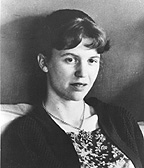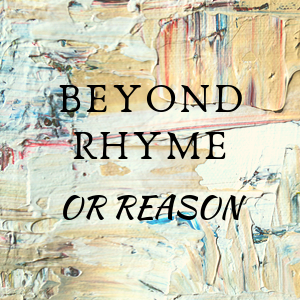
Confessional poetry emerged in the 1950’s and 60’s. This genre of poetry is all about the intimate life of the poet. The poems deal with sexuality, mental illness, disease, family, etc. It is often unsettling and uncomfortable to read, since it makes the reader feel like he/she is prying into someone’s personal life. (And sometimes, it really is just TMI…) Popular poets for this genre are Sylvia Plath, W. D. Snodgrass, and Robert Lowell.
For an example, let’s look at Sylvia Plath’s poetry.
“Daddy” is one of Plath’s most famous poems because of its harsh accusations about her father and family life. The poem, however, contrasts the accusatory tone in the narrator’s voice with a simple rhyme, almost like those in children’s poems and stories.
Plath begins the poem with “You do not do, you do not do,” and with this one line, she immediately puts the reader on the defensive. This poem is a letter, a conversation, that Plath has with her father. The reader is more like the person sitting nearby, listening in on an argument. Plath becomes increasingly angrier with her father, at one point saying “I have had to kill you,” then going farther and calling him “not God but a swastika” with his “Aryan eye,” and a “Fascist” with a “brute heart of a brute like you.” Finally, Plath calls her father a devil with “a cleft in your chin instead of your foot” before briefly turning the poem towards her ex husband, a man she calls a “vampire who said he was you.”
Plath’s father died when she was young, but the audience can tell that he was a strict man, and his influence upon Plath lived on past his death. His influence was so strong that Plath even married a strict man, whom she likens to her father. She is bitter and angry that her father left.
“Lady Lazarus” is Plath’s confession to multiple suicide attempts. “And like the cat I have nine times to die./ This is Number Three.” She boasts about her triumph over death:
Dying
Is an art, like everything else.
I do it exceptionally well.
I do it so it feels like hell.
I do it so it feels real.
I guess you could say I’ve a call.
Plath did eventually commit suicide in 1963. She died before her neighbor could call for a doctor.
Confessional poetry is a difficult form of poetry. A poet may find it too easy to push readers away if the poem is too personal. Plath counters the intimacy of her poetry through simple, childlike rhymes.
(image from www.poets.org)
